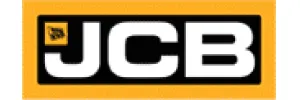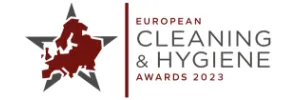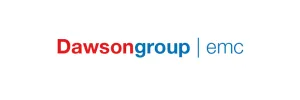Our Blog
Our treasure trove of resources, tips and tricks

Posted on 13 February 2017 by Ceris Burns
Social media: seeing the full picture
It’s our 10th anniversary year here at Ceris Burns International, and a lot has happened in the past decade. It’s a good time to reflect on some of the biggest changes we’ve seen in the PR world since we began operations, with the most far-reaching being the meteoric rise of social media as a PR tool.
 At the end of 2006, Facebook had around 12 million users. Fast-forward to 2016, and Facebook had 1.59 billion active users and counting, while Instagram had 400 million, Twitter had 320 million, and LinkedIn had 100 million – to name just a handful of the myriad of platforms out there. And the numbers continue to rise. Social media now plays a dominant role in communication and journalism (see our last blog examining Donald Trump’s propensity to tweet as just one example of the power of social media).
At the end of 2006, Facebook had around 12 million users. Fast-forward to 2016, and Facebook had 1.59 billion active users and counting, while Instagram had 400 million, Twitter had 320 million, and LinkedIn had 100 million – to name just a handful of the myriad of platforms out there. And the numbers continue to rise. Social media now plays a dominant role in communication and journalism (see our last blog examining Donald Trump’s propensity to tweet as just one example of the power of social media).
Platforms like Twitter have brought about a shift in the control of communication from key institutions such as news outlets towards individuals, spreading this once fairly-centralised power far and wide, adding extra layers of commentary and allowing opinion to spread organically though different interlinked networks. In many respects this is a good thing – access to information has never been easier, while any individual can now share their views on the same platform as large media organisations, levelling the playing field in terms of comment.
But it’s also a popularity contest, and people will do anything for attention, positive or negative. Trolling, threats and public complaints where users become judge, jury and executioner all in one post are commonplace, while such is the grey area now between social media posts and reporting from journalists, that problem of Fake News is now making real headlines.
Even mainstream news organisations have been tricked by fictional stories, which in turn exposes lazy journalism and a lack of thorough fact-checking. So ugly has this problem become, particularly in the wake of the US presidential election process, that Facebook is exploring new tools to enable its users to flag potentially fake news stories – it is trialling this feature in Germany first.
It is important for PR professionals to see the full picture when it comes to social media. After all, having incredible international reach at the push of a button works both ways. Here are a few key pointers:
- Why is your client using a platform – what is the aim? Consider what you want to achieve and have an adaptable content theme plan in place to keep on-message.
- Share and engage with other users – it is ‘social’ media after all. But…
- Is what you’re sharing real? If you think you’ve come across an interesting news story, check the source before sharing it.
- Play to your strengths, and find other networks and communities to engage with that discuss the same specialisms.
- Who do you want to follow you? Find them, target them, make sure you appear on their radar one way or another.
- Deal with any public complaints/feedback quickly and professionally. Draft holding statements and have them to hand – this should be part of any good crisis communications plan.
- Don’t feed the trolls. If you receive abuse online, report it swiftly – do not engage in an argument with the person posting abuse unless you want it to spiral and you’re confident you will come out of it looking good. Are you?
In my opinion, the information and commentary overload offered by social media will engender a flight to quality the likes of which we’ve never seen before. In a post-truth, fake news world, trusted sources of information and insight are more important than ever.
Categories
- Branding
- Crisis Management
- Digital PR
- Environmental PR
- General News
- Guest Blogs
- International Insight
- Our Blog
- SEO Updates
- Social Media
- Uncategorised
Experts in Public Relations Services & Communications Management
Our ServicesGenuine industry specialists in cleaning and hygiene, environmental and recycling, and facilities management
Our Sectors












